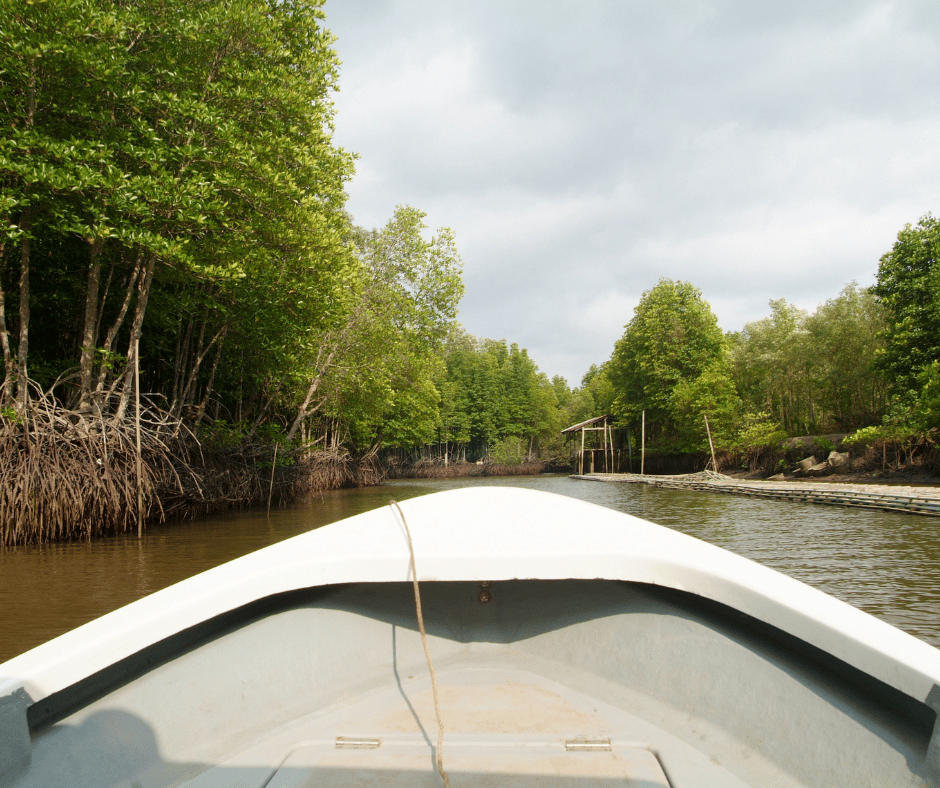The world is facing an environmental crisis, with natural habitats being destroyed at an alarming rate. Ecotourism has emerged as a potential solution to this problem, offering both economic and conservation benefits. By encouraging tourists to visit fragile ecosystems, ecotourism can play an important role in protecting these areas while also providing a much-needed source of income for the local population.

In this article, we will explore the concept of ecotourism and its potential for promoting conservation efforts around the globe. We will discuss how it works, what its advantages are, and how it can be implemented effectively in order to maximize its positive impact on our planet’s precious resources.
We will also consider the potential challenges associated with ecotourism and some of the measures that can be taken to mitigate them. Finally, we will look at how ecotourism can help build a more sustainable future for our planet.
Ecotourism is defined as “responsible travel to natural areas which conserves the environment, sustains the well-being of local people, and involves interpretation and education”. It is important to first understand what this means before considering its implications for conservation efforts.
Ecotourism is based on principles of conservation and sustainability; it does not involve simply visiting a site without regard for its environmental impact or the welfare of locals. Instead, it focuses on taking steps to minimize any negative impacts while also providing economic opportunities for the local population.
Ecotourism has many advantages, such as preserving fragile ecosystems and providing income to local communities that would otherwise be deprived of it. Additionally, it encourages conservation efforts by raising awareness among visitors about their impact on the environment and how they can help protect it.
However, ecotourism is not without its challenges. One major challenge is ensuring that ecotourism activities are managed in a sustainable manner; if done incorrectly, these activities can have negative impacts on the environment instead of protecting it. Other potential risks include overexploitation of natural resources or exploitation of local communities by outside interests.

To mitigate these risks, there needs to be careful planning and management of ecotourism activities, as well as a commitment to the principle of sustainability. For instance, areas that are being developed for ecotourism must be carefully selected to ensure that they are suitable for such activities and can provide economic benefits without damaging the environment.
The implementation of ecotourism also requires support from local governments, businesses, and communities. By working together, these stakeholders can help ensure that ecotourism is managed in a responsible way while also providing much-needed income to local populations.
